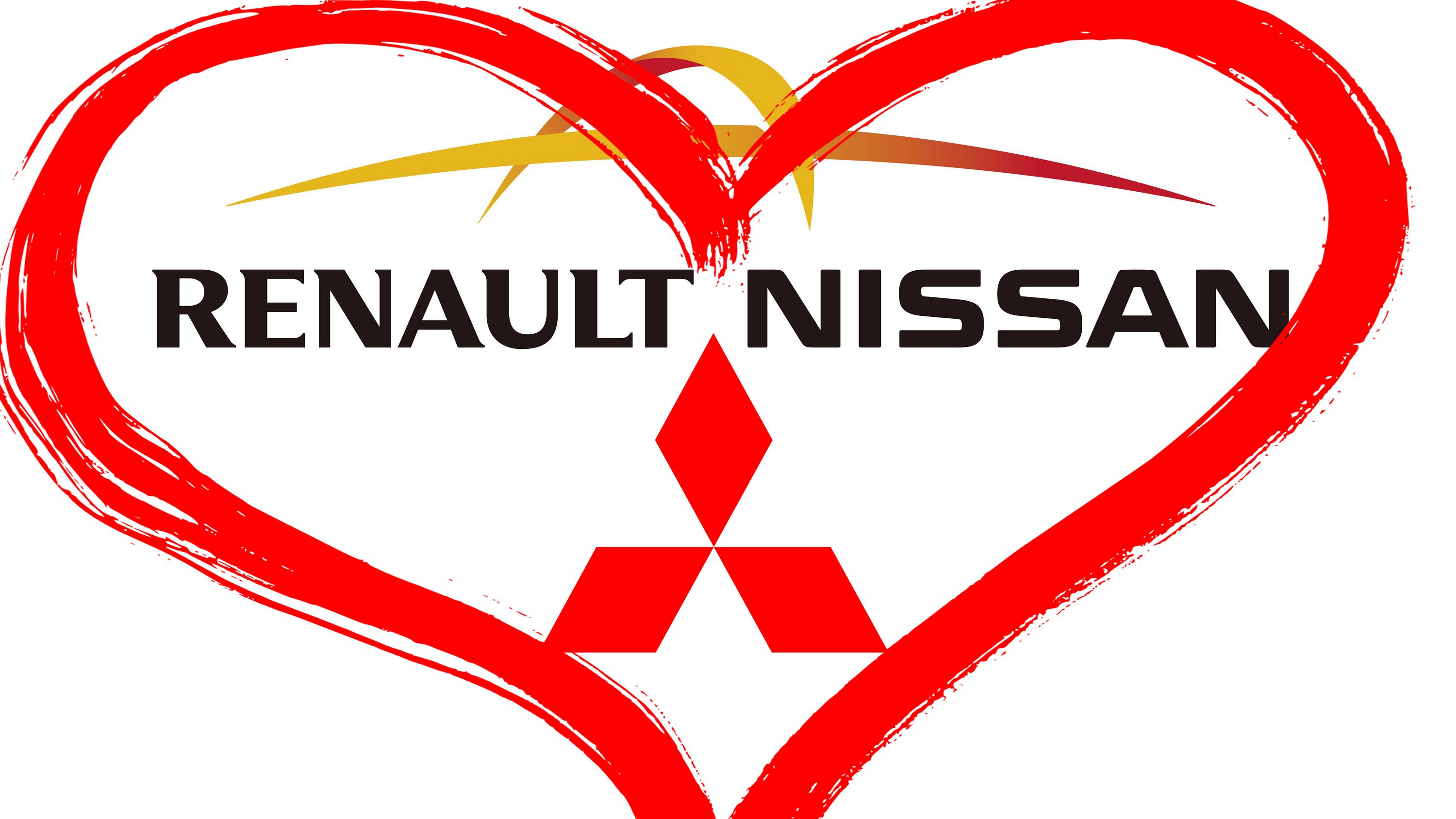After struggling through years of lackluster sales and countless setbacks, Mitsubishi Motors Corporation (MMC) just announced that Nissan has plunked down 237 billion yen (or $2.28 billion at current exchange rates, 10/20/16) to purchase 34 percent of its stock, handing Nissan a controlling stake in MMC. The deal will allow both companies to synergize across multiple departments and significantly reduce annual costs, while also promoting the sharing of vehicle platforms and new technology.
The deal is also expected to bring Mitsubishi some much-needed resources as it scrambles to address revelations that the automaker cheated on fuel economy data.
The acquisition was first announced back in May, following Mitsubishi’s fuel economy scandal story that broke in April. The deal was finalized only recently.
Taking the position of chairman-elect is Carlos Ghosn, the current CEO at Renault and Nissan, a role that should suit him well considering his experience with the Renault-Nissan Alliance.
Mitsubishi’s CEO and President, Osamu Masuko, will stay on board at his current position, despite some calling for his resignation in the wake of Mitsubishi’s mileage scandal.
“As part of our Board and management team, Nissan will help us rebuild customer trust in our company and maximize potential future synergies through our deeper alliance,” Masuko said in a press release.
Ghosn justified Masuko staying on in a joint briefing, stating, “This sends a strong message that it’s not Nissan that’s going to transform Mitsubishi, it’s Mitsubishi that’s going to transform Mitsubishi.”
Mitsubishi’s press release on the deal states, “Nissan and MMC will begin cooperating on a wide-ranging synergy program, building on a five-year alliance in minicars between the two companies.”
Synergies identified include purchasing cost-reduction, joint plant utilization, shared vehicle platforms, and technology sharing, which should encompass both autonomous driving and hybrid powertrains.
Joint cost reductions are estimated to save Mitsubishi around 25 billion yen annually, with Nissan saving roughly 24 billion yen in 2017.
Continue reading for the full story.
Why It Matters
Back in April, Mitsubishi admitted it had cheated on fuel economy data, and in the resulting turmoil, its stock took a nosedive. MMC admitted to falsifying mileage data on four mini vehicle models, including two for Nissan, but later it was revealed that Mitsubishi had cheated on no less than eight individual models.
Basically, Mitsubishi was in a very tight spot before Nissan stepped in, but now, with new “strategic, operational, and management support” coming from Nissan, Mitsubishi looks like it’s finally turning over a new leaf.
But of course, Nissan isn’t doing this for charity. With Mitsubishi now under its control, Nissan has a very real opportunity to grow in markets where it was otherwise not doing so hot. In particular, Mitsubishi will help Nissan gain traction in the ASEAN (Association of Southeast Asian Nations), which includes Indonesia, the Philippines, Thailand, and Vietnam, countries where Mitsubishi has actually been performing rather well.
The acquisition also makes the new Alliance even bigger than before, and that much more powerful too. Ghosn elaborates in Mitsubishi’s press release, stating, “The expanded Alliance will be one of the largest automotive groups in the world, with annual sales of 10 million units in fiscal year 2016.”
He adds, “The addition of Mitsubishi Motors will build on the entrepreneurial spirit and management cooperation that has characterized our alliance with Renault for 17 years. I am confident this will benefit all stakeholders.”
So what’s all this mean for enthusiasts?
Well, for one, Nissan’s bread-and-butter sports cars, the Z and GTR, might see a little a little extra wiggle room for innovation in the future. If Mitsubishi comes through on the boring commuters and crossovers, then Nissan’s fun endeavors will most likely benefit.
Perhaps that could translate into a reemergence of Nissan’s bid at Le Mans. We can only hope. But maybe this time, ditch the weird FWD platform, Nissan.
What’s more, it’s possible we could also see the rebirth of the Mitsubishi Evo. The Japanese automaker axed its famous rally-bred four-door just this year, much to the sorrow of speed-lovers the world over. But now, with an extra layer of financial backing as part of the Alliance, it my very well make a return. Fingers crossed.
And why not? Shared platforms and cross pollenating are a beautiful thing when they lead to more sports cars, and I tend to agree with Mr. Ghosn’s statements about the deal being a benefit for all stakeholders involved.
Consolidation seems to be the name of the game these days, something that FCA boss Sergio Marchionne would certainly agree with. The little guys get scooped up by the big guys, now all we gotta do is cross our fingers there’s enough demand for fun to prompt a new sports car down the pipe.
What do you want to see result from this new acquisition? Make sure to let us know in the comments.

